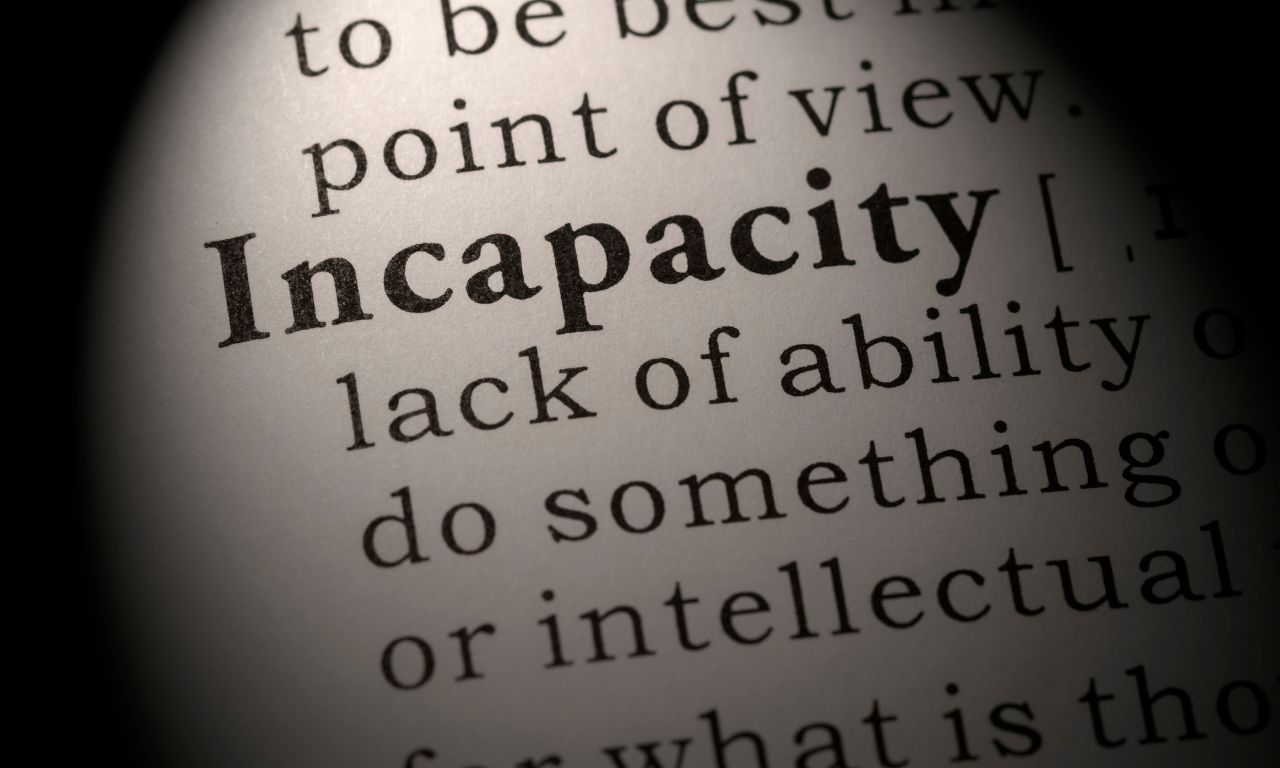Incapacity of the testator: how to prove it

A person who has reached the legal age, who has not been interdicted and who, at the time the deed is drawn up, has full capacity may make a will. Inability to make a will may depend on a permanent illness or on a momentary cause. In the absence of these prerequisites, the will may be challenged. To do so, however, it is necessary for the person contesting the validity of the will to prove the testator’s incapacity. That is, he has what is called the ‘burden of proof’. Let us see, then, how the testator’s incapacity, i.e. insanity, can be proved in the case of a will drawn up by an incapacitated person.
Pursuant to Article 591 of the Italian Civil Code, only minors, persons disqualified on grounds of mental infirmity by a court decision and persons who, although not disqualified, were, for any cause, even transitory, incapable of making a will at the time of drafting it, cannot make a will.
The first and second hypotheses are easy to ascertain since the will must contain the date of its drafting (in the light of which it is possible to verify whether the testator had already reached the age of 18 or had not been declared disqualified by the court), the third must be assessed on a case-by-case basis since there is no official attestation of capacity. For this purpose, all possible evidence – such as medical certificates, medical records, prescriptions for drugs that inhibit mental capacity, etc. – must be obtained that can prove the so-called natural incapacity.
The state of incapacity to test must be assessed with particular rigour. A simple abnormality or alteration in the psychic and intellectual faculties of the testator, such as typical senile dementia, easily forgetting data, being impressionable or malleable due to age or personal phobias, is not sufficient. On the contrary, proof is required that, owing to a transitory or permanent infirmity or other perturbing cause, the subject was – at the time the last will was drawn up – absolutely deprived of the consciousness of his acts or the capacity to self-determine.
The proof lies with the person who claims that the testator’s natural incapacity exists. It is the person who challenges the will on the grounds of the testator’s incapacity who bears the burden of proof. And it can be provided by any means, such as testimony, medical documentation, etc.
Most often, a party’s expert is appointed who, after analysing the medical records or medical certificates collected by the party, assesses whether the testator’s psychophysical condition enabled him or her to realise what he or she was writing.
For the purposes of formulating this complex judgement, the judge must carefully analyse the intrinsic content of the last will and the elements of assessment that can be deduced from it, in relation to the seriousness, normality and coherence of the testamentary dispositions as well as referring to the sentiments and purposes that appear to have inspired them.
